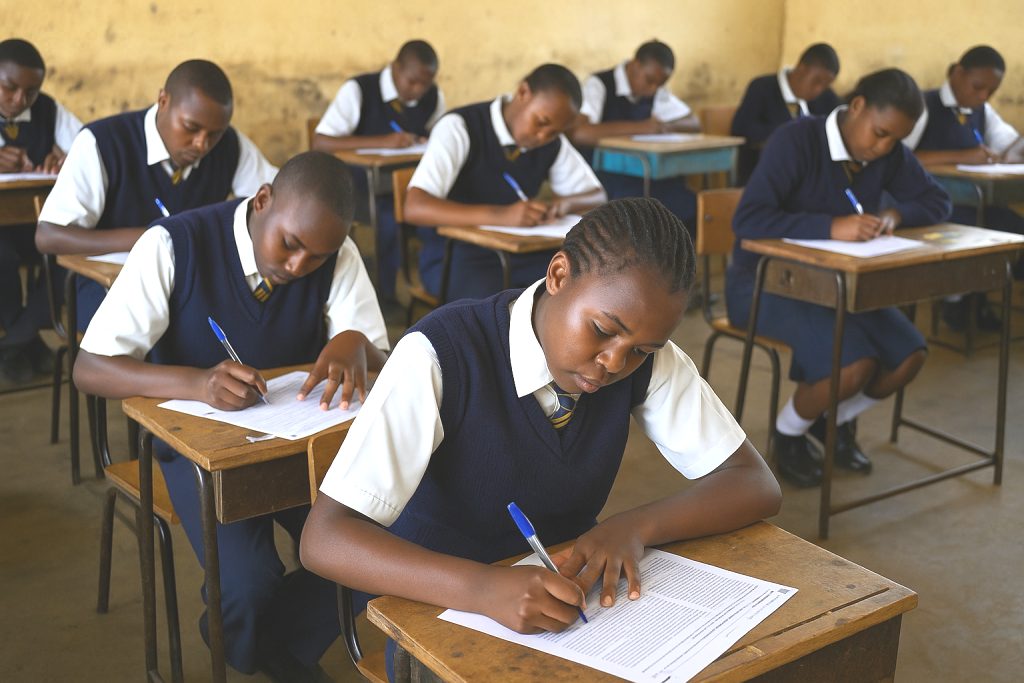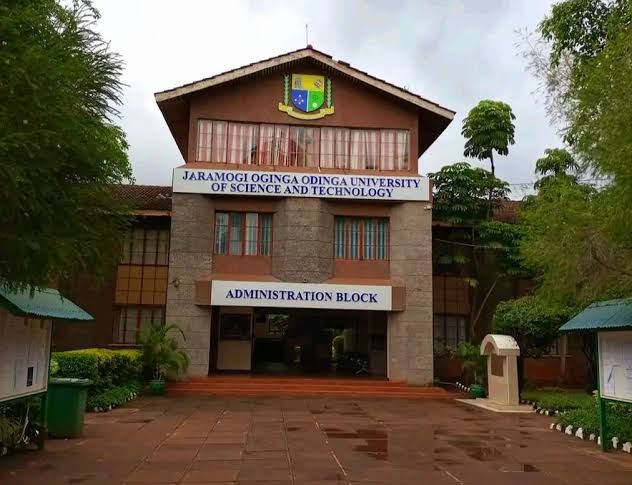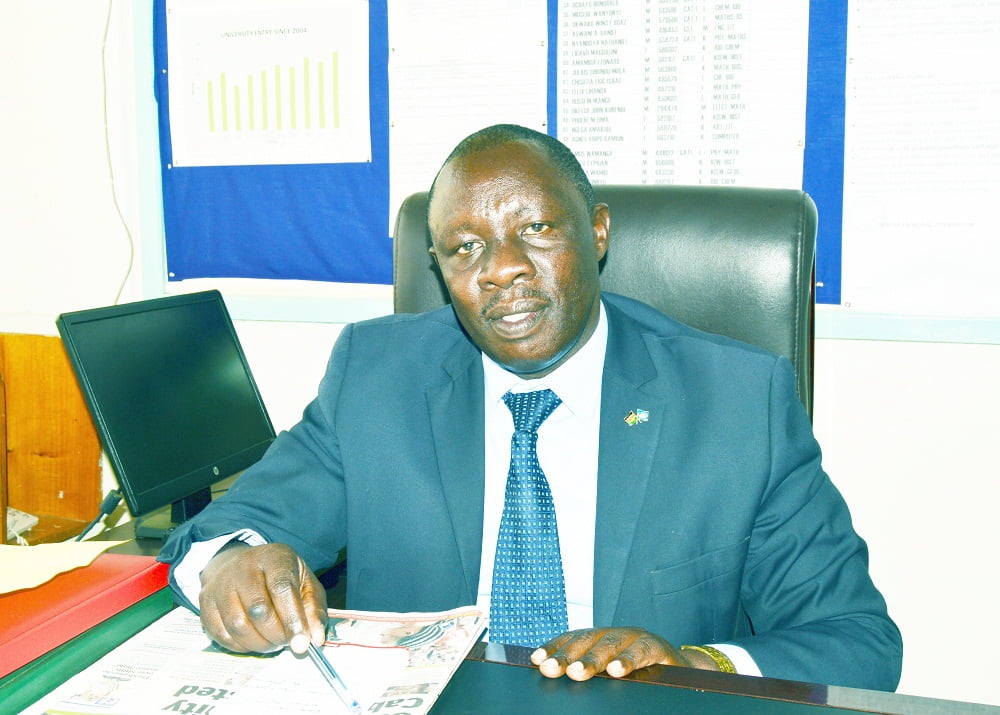Teachers who rely on examination leakages shared by online crooks cause irreparable damage to otherwise ready candidates. Each examination season, a shadowy market of deceit and desperation emerges, thriving on the anxieties of both students and teachers. In the weeks leading to national examinations, these crooks flood social media platforms – particularly WhatsApp and Telegram – with claims of having access to “real KNEC papers.” They promise early access to the very tests that determine learners’ futures. Unfortunately, some teachers, often under pressure to produce stellar results, take the bait. What follows is not only personal humiliation but also the betrayal of the very learners they swore to nurture and protect.
The modern era of digital communication has made it alarmingly easy for examination crooks to infiltrate the education space. They create sophisticated WhatsApp channels, complete with fake KNEC logos, examination codes and payment systems that appear authentic. Gullible teachers, driven by the illusion of giving their students a competitive edge, end up transferring money—sometimes collected from anxious parents—only to be scammed. The so-called “papers” turn out to be recycled.
Beyond financial loss, the damage runs deeper—into the hearts and minds of candidates. When a teacher introduces leaked or fake materials to their students, it sends a poisonous message: that hard work and honesty are optional, and that success can be bought. It kills confidence and undermines months of preparation. Candidates who had studied diligently begin to doubt themselves, thinking they cannot perform without the leaked content. This psychological disruption shakes their focus and breeds dependency. When the “leaks” turn out false, the shock, disappointment and confusion are immense. Many students walk into examination rooms disoriented, uncertain and mentally drained.
Teachers hold a sacred position in society as moral beacons and academic guides. Their role is not merely to deliver content but to shape character. By entertaining examination leaks, a teacher betrays this trust. The classroom is supposed to be a place of honesty, mentorship and discipline, not a breeding ground for shortcuts. When learners witness their teachers engaging in unethical practices, they internalise dishonesty as an acceptable means to success. This behaviour then spills over into adulthood, manifesting as corruption, deceit, and moral decay.
The rot begins at the school level, and when teachers fuel it, they erode the nation’s moral fibre. The Kenya National Examinations Council (KNEC) has, over the years, invested heavily in ensuring the integrity of national exams. From printing and distribution to storage in sub-county containers, the system is watertight. Security agencies accompany the papers at every step. The point of weakness, however, lies not in the KNEC system itself but in human behaviour—specifically the actions of teachers, supervisors, and centre managers once the papers leave the containers. No system, however secure, can withstand the deliberate betrayal of those entrusted with responsibility. When teachers choose to collude with crooks, they not only compromise the credibility of examinations but also tarnish the teaching profession as a whole.
As the national examinations begin tomorrow, teachers across the country must pause and reflect on the magnitude of their influence. It is within their power to instil either confidence or confusion in their learners. A teacher who has diligently taught, revised, motivated and guided their candidates should have no reason to panic. The learners are ready. They have gone through the syllabus, done countless revisions, and been tested in numerous mocks. What they need most now is reassurance and encouragement—not leaked papers. By introducing the notion of leaks, a teacher distorts the calm mental state required for performance and triggers anxiety where there should be composure.
It is also worth noting that some teachers fall into the trap not out of greed but out of fear—fear of poor results, fear of disappointing parents, or fear of appearing incompetent compared to rival schools. This fear is understandable, given the unrealistic performance pressures many institutions impose. Schools set ambitious KCPE and KCSE targets and promise rewards or recognition for top grades. The consequence is a culture of desperation in which teachers feel compelled to resort to unfair means to meet those expectations. Yet, no matter how justifiable the pressure seems, it can never excuse ethical compromise. Teachers must rise above this toxic competition and protect the integrity of the examination process.
READ ALSO:
Gucha KESSHA expresses satisfaction with preparations for national examinations
Parents, too, play a part in perpetuating this problem when they push teachers to guarantee results by any means necessary. Some even contribute money for “special papers” or “boosting” sessions. Parents must understand that such actions sabotage their children’s long-term growth. A child who passes through fraud learns nothing about effort, resilience, or honesty. The grades may open doors, but they cannot sustain progress in higher education or life beyond school. Real success is founded on knowledge, not deception.
The best thing teachers can do at this point is to trust their own work and their students’ preparation. Instead of chasing phantom leaks, they should spend the last few hours offering moral support, revising key concepts and ensuring learners are psychologically ready. A few words of encouragement from a trusted teacher can make a greater impact than any leaked paper ever could. Students remember the confidence instilled in them long after the exam papers are gone. That confidence is what carries them through life’s tougher tests.
As the exams commence, every teacher has a duty to uphold the honour of the profession. The public still holds educators in high esteem, and with that comes immense responsibility. Teachers are the custodians of the country’s intellectual integrity. They must guard it jealously. Cheating through online crooks not only jeopardises careers but also destroys the futures of innocent students. The WhatsApp and Telegram scammers will vanish after pocketing their gains. However, the damage they leave behind will linger in candidates’ lives and in the reputation of the teaching profession.
Let this examination season be different. Let teachers demonstrate unwavering faith in their work and their learners. Let them encourage integrity, honesty and confidence. The objective measure of a teacher is not how many As their students get, but how many upright, disciplined and hardworking individuals they produce. National exams are not merely academic tests—they are moral ones too. By rejecting leakages and embracing integrity, teachers safeguard not just their students’ futures but also the soul of the nation.
By Ashford Kimani
Ashford teaches English and Literature in Gatundu North and serves as Dean of Studies.
You can also follow our social media pages on Twitter: Education News KE and Facebook: Education News Newspaper for timely updates.
>>> Click here to stay up-to-date with trending regional stories
>>> Click here to read more informed opinions on the country’s education landscape






